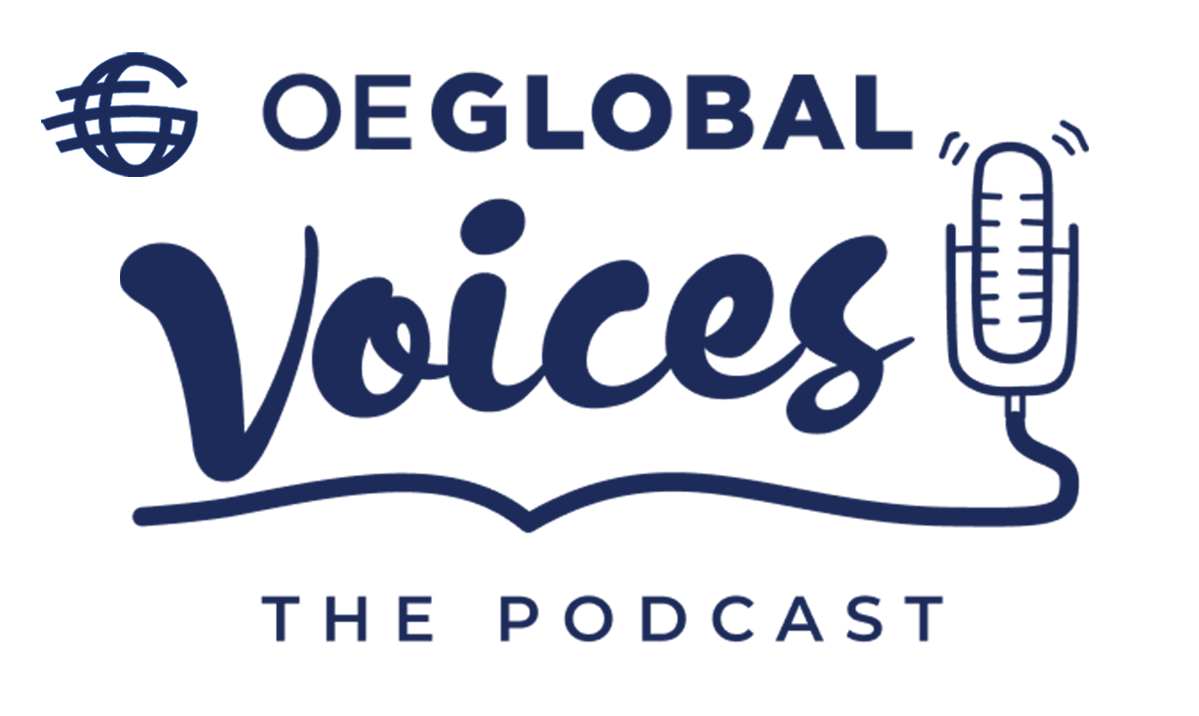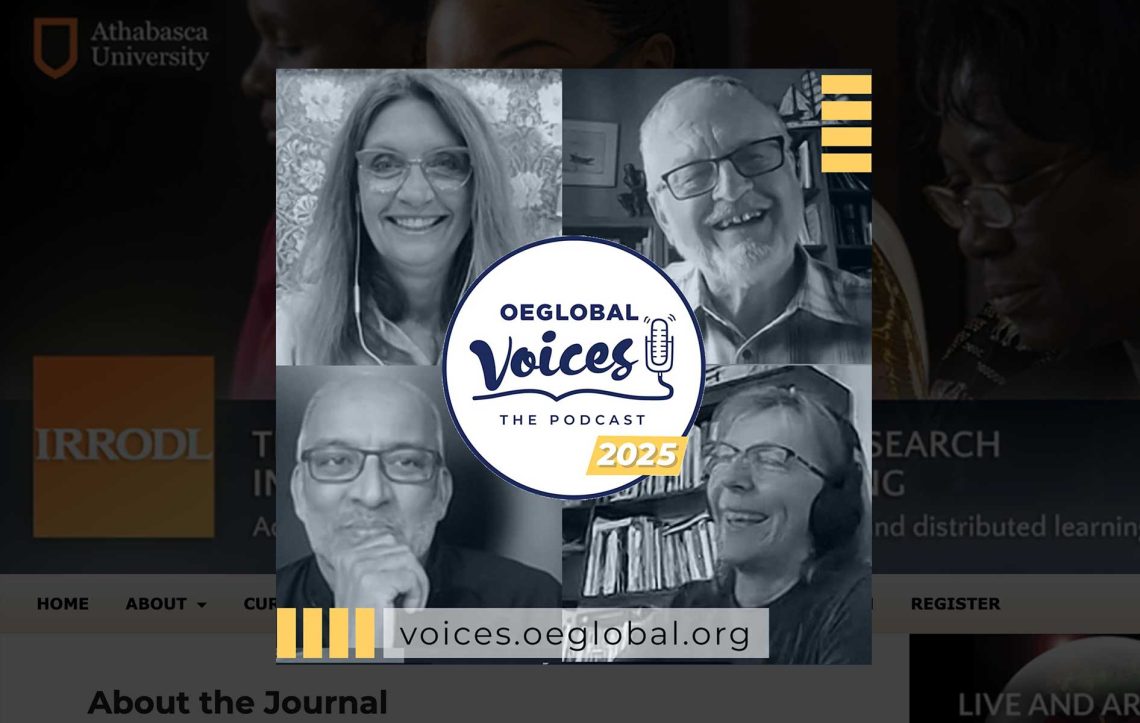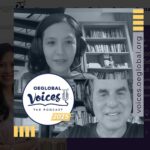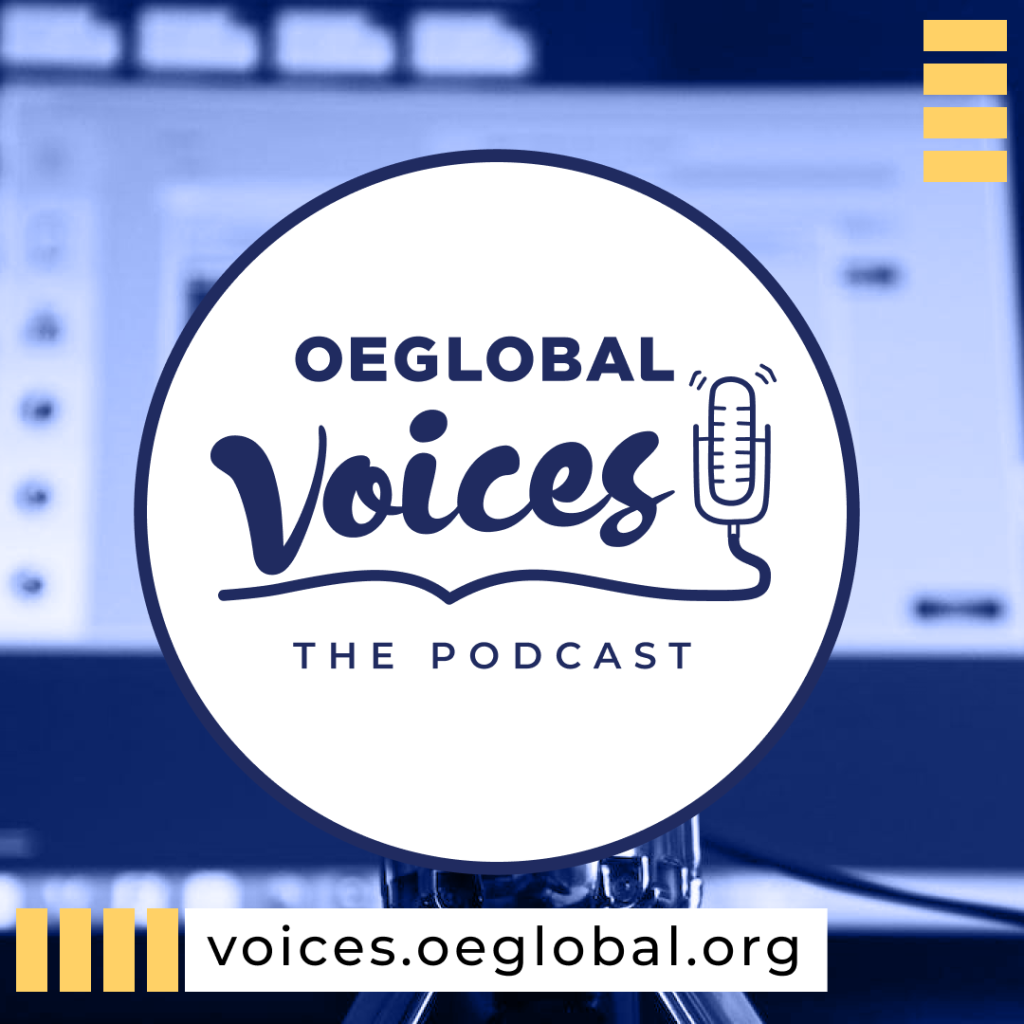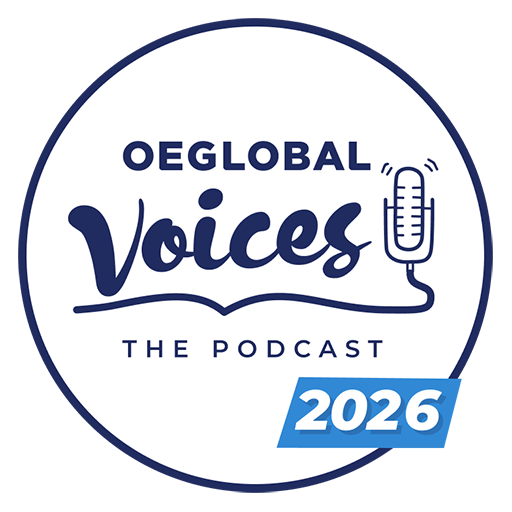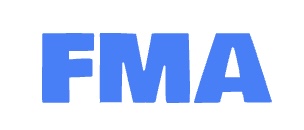In our newest episode we courageously aim to cover 25 years of open access publishing by the International Review of Research in Open and Distributed Learning (IRRODL) as featured in Volume 26 issue 1 in March 2025. IRRODL represents not only a success story for open access publishing, it has earned impressive marks of being the #1 position among all Canadian Education Journals, a CiteScore in the 86th percentile of Education journals, and the 16th ranking Educational Technology journal in Google Scholar.
We thank IRRODL Associate Editor and OEGlobal board Vice President Connie Blomgren for suggesting a podcast with the IRRODL team. Connie helped coordinate a conversation with current editors Aga Palalas and Adnan Qayyum plus Terry Anderson who helped shape and guide IRRODL in its early years. Terry remains active and interested in the journal as IRRODL editor emeritus.
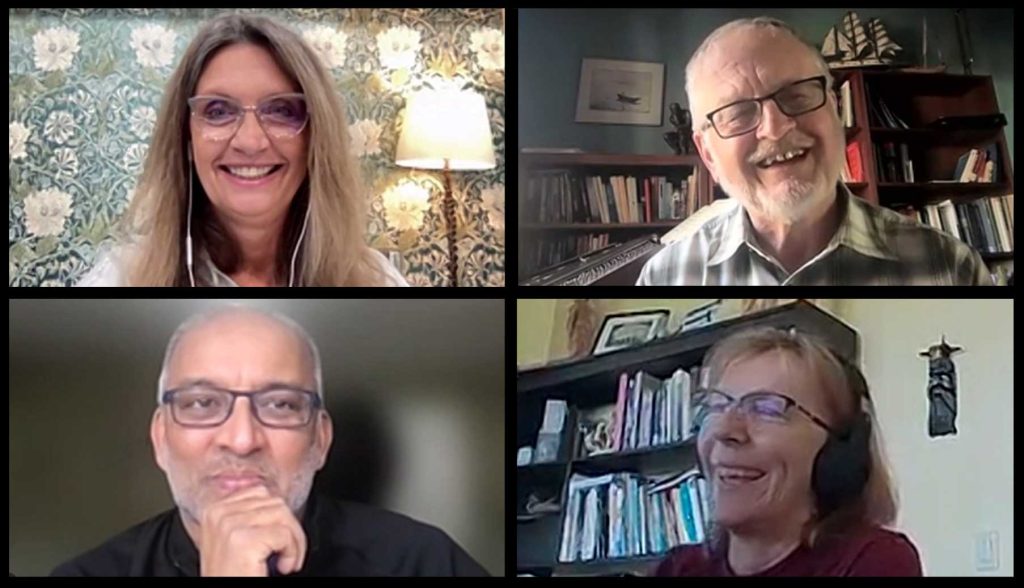
As Terry wrote in his introduction to IRRODL Volume 26, Issue 1
IRRODL is a success story, partly because it was in the right place (fully digital) at the right time (an explosion of interest in distributed education) with the right tools (unprecedented access to personal composition, publication, research, and networking technologies) and at the right price (free and open for both readers and authors). When we published the first issue, there were many (including my PhD supervisor) who believed that publishing in an electronic journal had about much scholarly value as mailing the work to a friend. Times changed. I recall boxing up those old paper journals for the recycler. These works retain relevant and historic value, but the paper format makes them unretrievable by even subscribers, much less accessible by the multitude of new students and scholars globally.
Terry Anderson
We hope you enjoy this episode and if you are not a reader of or a writer for IRRODL, we urge you to put that on your list.
Podcast: Play in new window | Download
at Descript.com
In This Episode
FYI: For the sake of experimentation and the spirit of transparency, this set of show notes alone was generated by the AI “Underlord” in the Descript editor we use to produce OEGlobal Voices.
In this episode of “OEG Voices,” host Alan Levine engages in an in-depth conversation with key members of IRRODL (International Review of Research in Open and Distributed Learning) as the journal celebrates its 25th anniversary. Guests include Connie Blomgren, Adnan Qayyum, Aga Palalas, and Terry Anderson, who reflect on the journal’s history, its evolution, and its significant contributions to the field of open and distributed learning. They discuss the early days of IRRODL, the challenges and benefits of online publication, the importance of maintaining high-quality research, and the unique topics that have shaped the journal over the years, such as online music education and the impact of artificial intelligence. The discussion illuminates the rigorous review process IRRODL upholds, emphasizing the role of international reviewers and the importance of empirical evidence in published articles. Also highlighted is the global reach and inclusivity of the journal, providing a platform for diverse voices from around the world. The panelists share insights into the ongoing and future challenges, particularly around integrating ethical AI practices and maintaining the journal’s relevance and impact. This episode not only commemorates IRRODL’s achievements but also poses thought-provoking questions about the future of open access research.
- Introduction to IRRODL at 25
- Welcoming the Guests
- The Role of IRRODL
- Navigating the Waves of Research
- Support from Athabasca University
- Listeners’ Participation and Conclusion
(end of AI generated show notes)
Additional Links and Quotes for Episode 83
When I first came to IRRODL there were a lot of, submissions around MOOCs. And then I saw a big Community of Inquiry wave. And then recently , it’s interesting, we’ve been seeing a wave of online music education submissions. And so it’s like you get bigger waves, smaller waves, but you’ll see, sometimes, clusters of topics as certain things seem to become the buzz people are all interested in it. And then they shift away to some other things. And our journal is a reflection of what’s happening in that broader environment in open and digital spaces.
Connie Blomgren
- International Review of Research in Open and Distributed Learning (IRRODL)
- Volume 1, Issue 1 (2000)
- Cookson, P. S. (2000). Editorial. The International Review of Research in Open and Distributed Learning, 1(1). https://doi.org/10.19173/irrodl.v1i1.1
- Volume 26, Issue 1 (March 2025)
- Anderson, T. (2025). Editorial – Volume 26, Issue 1. The International Review of Research in Open and Distributed Learning, 26(1), i-vii. https://doi.org/10.19173/irrodl.v26i1.8543
- Anderson, T., Cookson, P. S., Henderson, S., & McGreal, R. (2025). Twenty-Five Years of Innovation and Knowledge Sharing: The Legacy and Future of the International Review of Research in Open and Distributed Learning. The International Review of Research in Open and Distributed Learning, 26(1), 1–15. https://doi.org/10.19173/irrodl.v26i1.8490
- Anderson, T., & McConkey, B. (2010). Development of Disruptive Open Access Journals. Canadian Journal of Higher Education, 39(3), 71–87. https://doi.org/10.47678/cjhe.v39i3.477
For example, IRRODL experienced a challenge to the production of its MP3 articles. To produce articles in MP3 format, the Journal uses Text- Speech Pro (free-of-charge) and a computer-generated voice from NeoSpeech. To publish the computer-generated voice, IRRODL pays an audio distribution licence fee; however, in early 2009, the vendor raised this fee significantly. The editors investigated alternatives and discovered that two companies dominate the computer-generated voice market. After negotiations between NeoSpeech and AU Press and discussion among the IRRODL editors and editorial board about the costs and benefits of MP3 articles, the Journal agreed to pay an in- creased audio distribution licence fee. There were two reasons for the decision: approximately 15-20% of IRRODL’s website audience downloads the MP3 ver- sion of an article (see Table 2), and it was concluded that publishing its articles in MP3 format is a distinguishing feature of IRRODL and a way of adapting to and optimizing the electronic publishing environment.
Development of Disruptive Open Access Journals (2010)
- Open Journal Systems (SFU Public Knowledge Project)
And this is really beautiful to be seeing how the journal has been open to people who communicate in other languages than English and then go through the process of expressing themself in English. And how now, we have transitioned to supporting all kinds of AI applications, in a proper way, in an ethical way to, support those that need supports to express themselves and report their unbelievable research in English.
Aga Palalas
Our open licensed music for this episode is a track called Anniversary by Michael Chapman that is licensed under a Creative Commons Attribution-Noncommercial-No Derivative license. Like most of our podcast music, it was found at the Free Music Archive (see our full FMA playlist).
